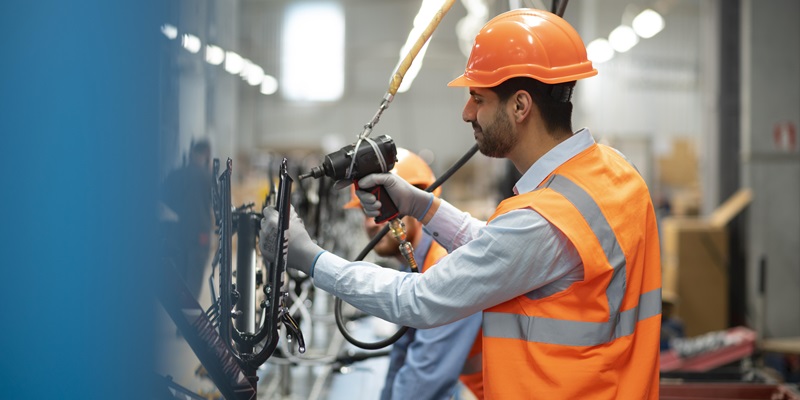Schedule a Call Back
Budget 2025: Manufacturing sector highlights and reactions
 Industry News
Industry News- Feb 03,25

Related Stories

Where Global Wire and Tube Innovation Comes Together
The world’s leading wire and tube trade fairs return to Düsseldorf, uniting global innovators to showcase AI-driven manufacturing, advanced materials and solutions shaping the future of industria..
Read more
Building the Future of Indian Manufacturing Through Automation
Make in India, industrial automation India, smart manufacturing, AI in manufacturing, Industry 5.0 India, manufacturing GDP growth, robotics and automation, Aatmanirbhar Bharat, Prateek Jain, Addver..
Read more
Why Batteries Trail Strategy in Humanoid Robot Development
Battery makers are racing ahead of robot OEMs in positioning humanoids as the next growth frontier. This press release examines developments from both perspectives and considers how deeper cross-ind..
Read more












